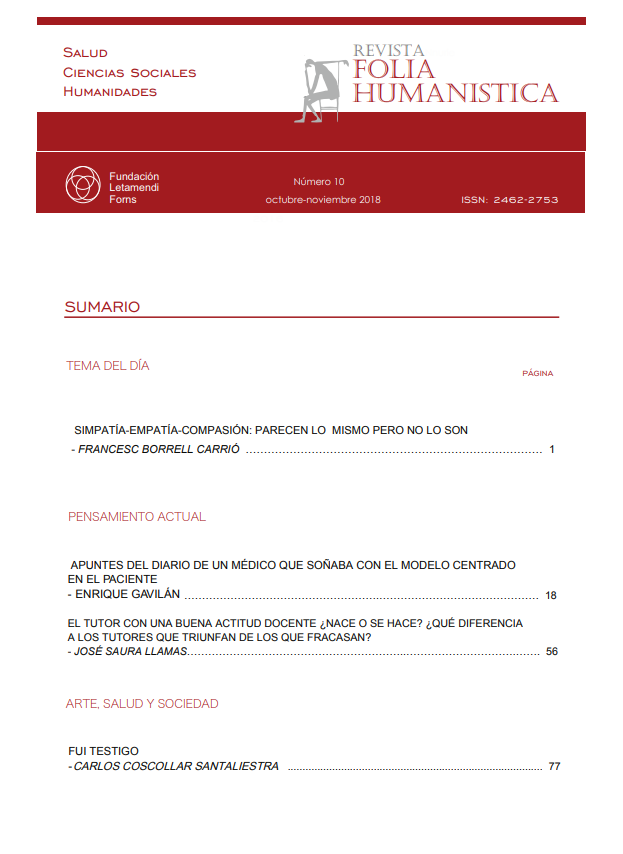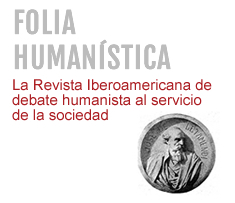Sympathy, empathy, compassion
they seem the same but they are not
DOI:
https://doi.org/10.30860/0042Keywords:
sympathy, empathy, compassion, emotional contagion, mercy, trap of mercy, therapeutic distanceAbstract
Empathy consists of understanding the situation of another person which involves different
degrees of emotional attunement. When the proximity by kinship or friendship is important,
we can not avoid feeling contagion by the emotions of those around us, dominating this
affective resonance. In this case, sympathy surpasses empathy. Empathy, unlike sympathy,
allows you to take a planned action. This is a compassionate behavior, directed to comfort
or to solve the problem afflicting a person. Compassionate behaviors release tension from
the caregiver, while emotional contagion puts their health at risk. Doctors and nurses,
among other professions, have to know how to manage the therapeutic distance to be able
to think clearly about the best way for each patient, but without falling into the coldness of
the technician. In a concrete way, they must know the dangers posed by pitfalls of piety.
Downloads
Published
How to Cite
Issue
Section
License
La Revista Folia Humanística se adhiere a Creative Common en la modalidad: Reconocimiento – NoComercial – CompartirIgual (by-nc-sa): No se permite un uso comercial de la obra original ni de las posibles obras derivadas, la distribución de las cuales se debe hacer con una licencia igual a la que regula la obra original.








